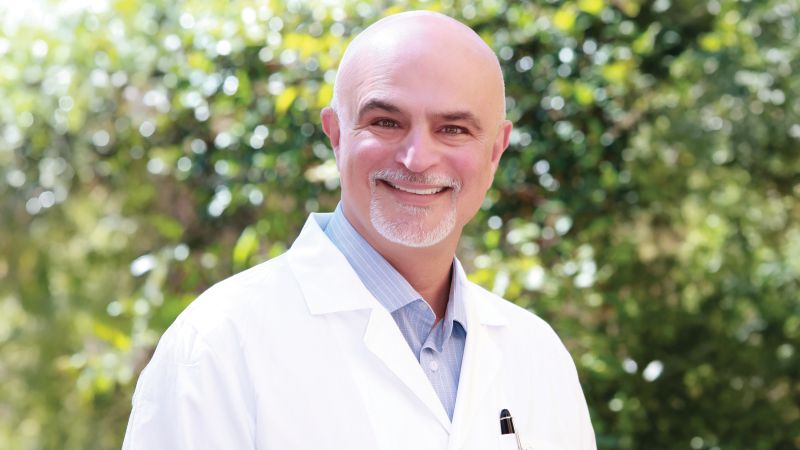A global phase 3 clinical trial led by the American University of Beirut (AUB) and Lebanon’s Chronic Care Center has shown that mitapivat, an oral therapy, significantly improves outcomes in non-transfusion-dependent thalassemia (NTDT) — marking a historic shift in the treatment of the lifelong blood disorder.
The findings, published in The Lancet, one of the world’s leading medical journals, demonstrate the first successful results of an oral, disease-modifying therapy for both alpha- and beta-thalassemia forms of NTDT. The study was led by Dr. Ali Taher, professor of medicine at AUB and global principal investigator of the trial.
“This publication is more than a scientific milestone,” said Dr. Taher. “It’s proof that Lebanon, even in its hardest times, can lead groundbreaking medical advances that change global standards of care.”
NTDT is a hereditary condition in which patients suffer from chronic anemia without requiring regular blood transfusions. Despite the absence of frequent transfusions, patients often experience serious complications such as iron overload, fatigue, and reduced quality of life. Therapeutic options until now have remained extremely limited.
Mitapivat, developed as an oral treatment to enhance red blood cell energy metabolism, is currently under review by the U.S. Food and Drug Administration (FDA) for potential marketing authorization. If approved, it would become the first FDA-authorised oral therapy for NTDT patients globally.
The phase 3 trial, formally titled “Phase 3 trial of mitapivat in non-transfusion-dependent alpha- or beta-thalassemia,” met all primary and secondary endpoints, showing statistically and clinically significant increases in hemoglobin levels, with a favorable safety profile.
The study builds upon over a decade of research led by AUB. Dr. Taher previously spearheaded the THALASSA trial, which led to advances in iron chelation therapy, and the BEYOND trial, resulting in the approval of luspatercept for beta-thalassemia. Both have since shaped international treatment standards.
“This work is a continuation of our mission to redefine how thalassemia is treated,” Dr. Taher noted. “Our focus has always been on the patients who live with this disease every day, often without sufficient treatment.”
Beyond its scientific contributions, the study is a testament to Lebanon’s ability to contribute meaningfully to global healthcare innovation—even amid economic and political instability.
The trial’s success positions AUB and Lebanon at the forefront of global hematology research, reinforcing the university’s reputation for academic excellence and clinical leadership.
It also reflects the unwavering resilience of Lebanon’s scientific community. As Dr. Taher concludes: “Despite immense challenges, we continue to strive, research, and deliver solutions that have global impact.”
With FDA approval pending, thousands of patients across the world may soon benefit from a new standard of care, bringing renewed hope to families affected by this chronic genetic condition.

